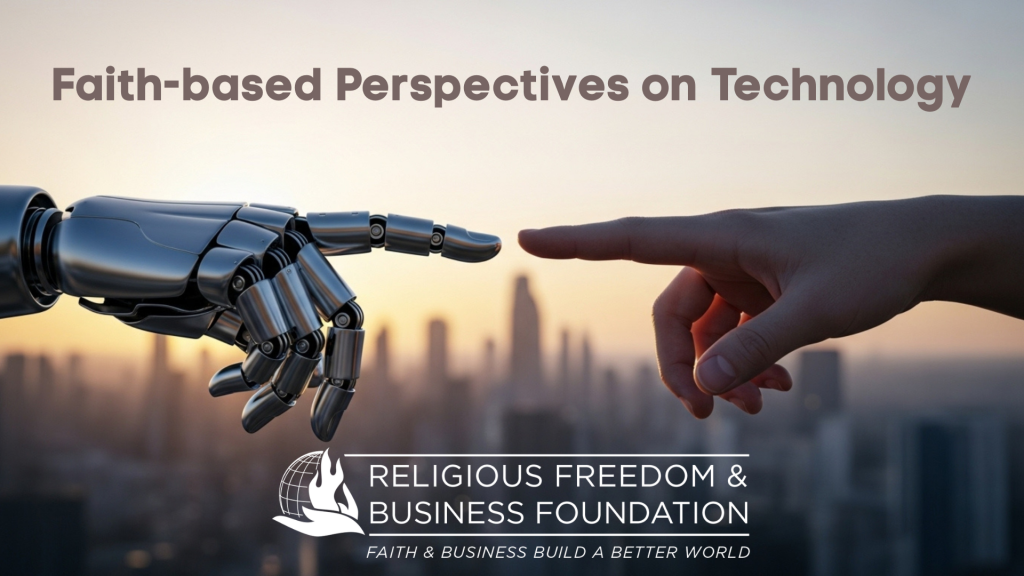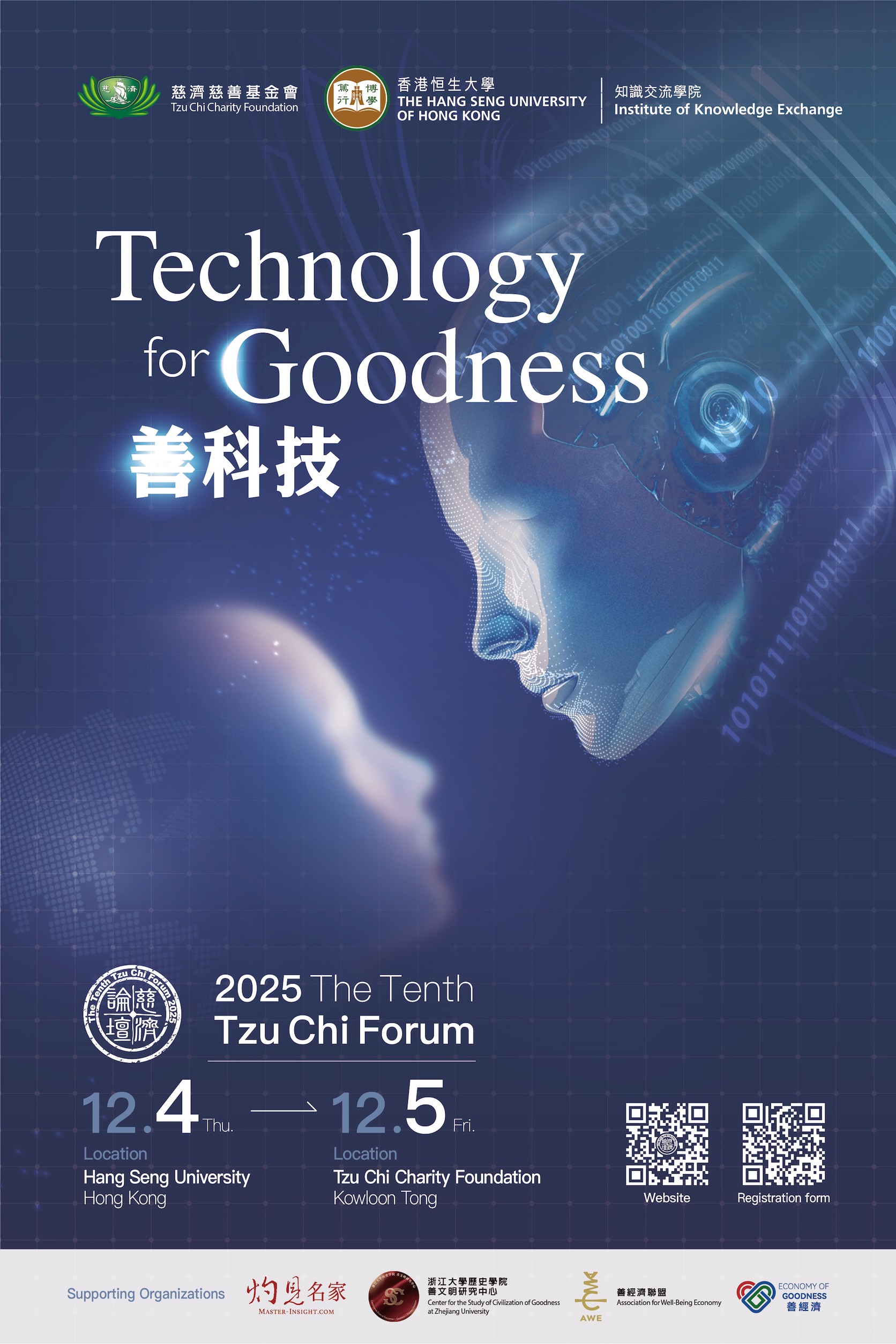
By Brian Grim, Ph.D.
In an era of rapid technological advancement, the ethical and moral implications of innovation have become increasingly significant. At the “Technology for Goodness” Forum in Hong Kong, I will explore this theme through the lens of faith-based traditions, focusing on how religious worldviews shape the development, application, and governance of technology. Drawing on both Dharma traditions (Hinduism, Buddhism, Jainism, Sikhism) and Abrahamic faiths (Judaism, Christianity, Islam), my presentation compares and contrasts their perspectives on technology’s role in human flourishing, ethical boundaries, and spiritual responsibility.
Dharma traditions emphasize harmony, karma, and the interconnectedness of life, often advocating for technologies that promote balance and reduce suffering. Abrahamic traditions, rooted in stewardship, justice, and divine purpose, stress the importance of using technology to serve humanity while remaining accountable to God.
I will identify key ethical concerns. These include surveillance, AI autonomy, environmental degradation, and digital inequality. It discusses how faith-based principles can guide responsible innovation. Ultimately, I argue that religious ethics offer a vital framework for ensuring that technology serves the common good, respects human dignity, and fosters a more compassionate and just society.
In today’s world, we are faced with a host of interconnected and complex challenges: extreme disasters driven by climate change, persistent inequality in the distribution of resources, worsening humanitarian crises, and ethical dilemmas arising from the rapid advancement of artificial intelligence and digital technologies. These “wicked problems” can no longer be addressed effectively by any single sector or organization alone. Instead, they demand integrated, cross-disciplinary thinking and collaborative solutions.
As an international humanitarian organization grounded in the core value of altruism, the Tzu Chi Foundation draws its founding principles from the compassion of Buddhist teachings and puts altruism into practice throughout society. Master Cheng Yen, the founder, has called on professionals from all walks of life to join in advancing humanitarian care and social ethics.
“Technology for Goodness” emphasizes the integration of care, empathy, and ethical considerations into the application of technology. Whether in disaster response, healthcare, equitable education, or environmental sustainability, using technology ethically and for goodness of society is a vital pathway for fostering cross-sector collaboration and addressing the pressing challenges facing humanity.
The 10th Tzu Chi Forum, themed “Technology for Goodness,” explores how we can harmonize humanistic values with modern technology and promote interdisciplinary collaboration. The forum seeks pathways to balance technological advancement with human-centered care, and to develop innovative solutions rooted in altruism and common goodness. By advancing ethical technology, social welfare, and sustainable development, the forum aims to address the world’s most complex challenges.
For those in Hong Kong, register here.
